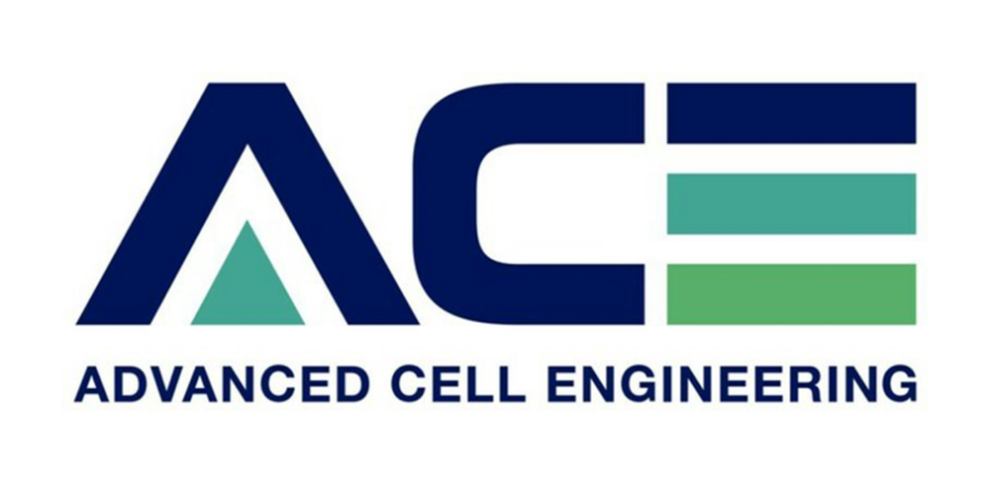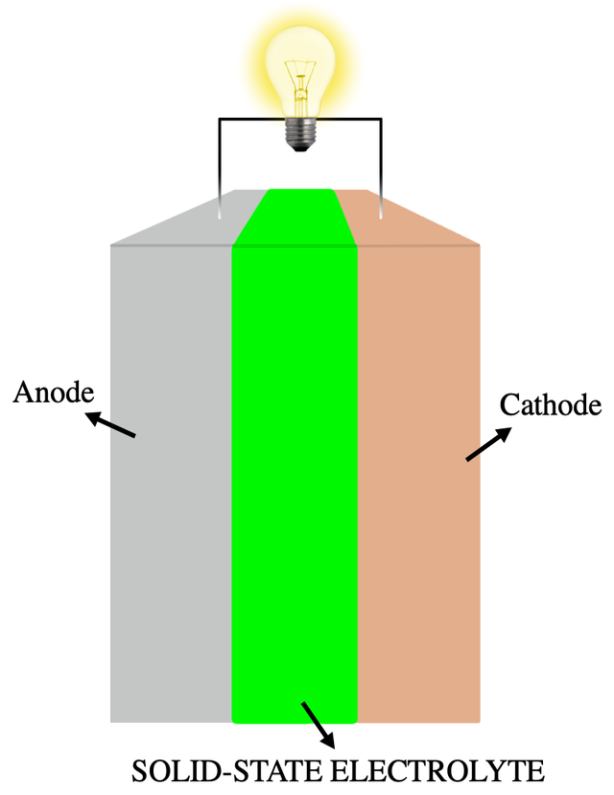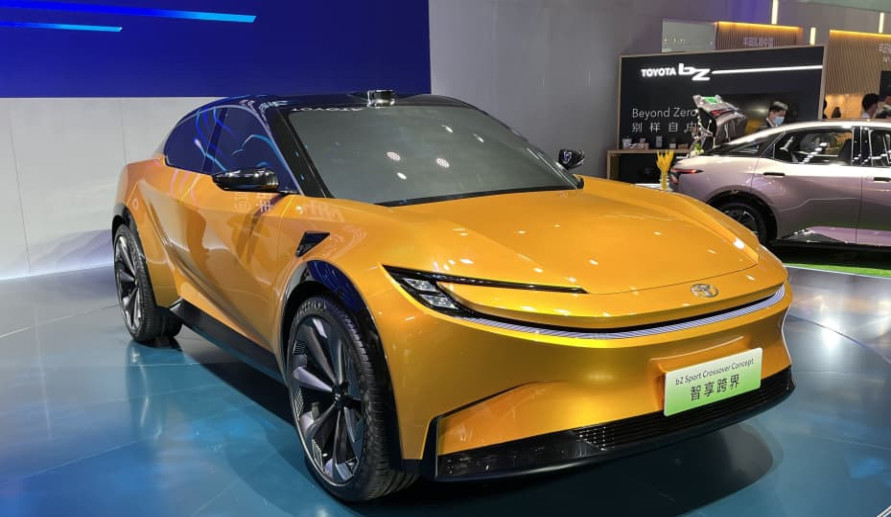Toyota’s Cautious Approach to the Battery Electric Vehicle Market
Toyota, the renowned Japanese automaker, is cautiously stepping into the battery electric vehicle (BEV) market. Traditionally, the company has been a leader in hybrid technology, with its Prius model becoming a symbol of eco-friendly driving. Now, as the automotive industry shifts towards full electrification, Toyota is taking deliberate steps to ensure a smooth transition.
Toyota’s Hybrid Legacy
For decades, Toyota has focused on hybrid vehicles, combining internal combustion engines with electric motors. This approach has allowed the company to gain a reputation for fuel efficiency and reliability. The success of the Prius, launched in 1997, marked the beginning of a new era in automotive technology.
While other manufacturers rushed into the BEV market, Toyota remained committed to improving its hybrid technology. This strategy has paid off, with millions of hybrid vehicles sold worldwide. However, the growing demand for zero-emission vehicles has prompted Toyota to reconsider its stance.
The Shift to Battery Electric Vehicles
The global push for reducing carbon emissions has led to stricter regulations and increased incentives for BEVs. Governments around the world are setting ambitious targets for phasing out internal combustion engines. In response, Toyota has announced plans to introduce a range of BEVs in the coming years.
The company is investing heavily in research and development to create advanced battery technology. Toyota’s goal is to produce batteries that offer longer range, faster charging times, and enhanced safety features. By prioritizing these aspects, Toyota aims to address the common concerns associated with BEVs.

One of the key challenges for Toyota is to maintain its reputation for reliability. The company is known for producing vehicles that last for many years with minimal issues. To achieve this with BEVs, Toyota is conducting extensive testing and quality control measures.
Moreover, Toyota is also focusing on the entire lifecycle of the battery, from production to disposal. This includes ensuring that the raw materials are sourced responsibly and that the manufacturing processes are as environmentally friendly as possible. The company is also exploring second-life applications for used batteries, such as energy storage solutions for homes and businesses. By taking a holistic approach to battery management, Toyota aims to minimize the environmental impact of its BEVs.
Collaborations and Partnerships
To accelerate its entry into the BEV market, Toyota has formed strategic partnerships with other companies. Collaborating with tech firms and battery manufacturers allows Toyota to leverage external expertise and resources. These alliances are crucial for developing cutting-edge technology and scaling up production.
One notable partnership is with Panasonic, a leading battery manufacturer. Together, they are working on creating solid-state batteries, which promise to revolutionize the industry. Solid-state batteries are expected to offer higher energy density, improved safety, and longer lifespan compared to traditional lithium-ion batteries.

In addition to technological collaborations, Toyota is also exploring joint ventures with other automakers. By sharing platforms and resources, Toyota can reduce costs and expedite the development of new BEVs. These collaborations also help in establishing a robust supply chain for critical components.
Furthermore, Toyota is engaging with academic institutions and research organizations to stay at the forefront of innovation. By participating in collaborative research projects, Toyota can tap into a broader pool of knowledge and accelerate the development of next-generation technologies. This open approach to innovation is helping Toyota to stay competitive in a rapidly evolving market.
Upcoming BEV Models
Toyota has already unveiled several concept BEVs, showcasing its commitment to the future of mobility. These models feature sleek designs, advanced driver-assistance systems, and innovative interiors. The company’s first mass-market BEV, the Toyota bZ4X, is set to launch soon.
The bZ4X, part of the new “Beyond Zero” sub-brand, represents Toyota’s vision for a sustainable future. This all-electric SUV promises impressive range, cutting-edge technology, and a comfortable driving experience. Toyota is confident that the bZ4X will appeal to a wide range of customers, from eco-conscious drivers to tech enthusiasts.
In addition to the bZ4X, Toyota is planning to expand its BEV lineup with a variety of models to cater to different market segments. This includes compact cars for urban environments, as well as larger vehicles for families and commercial use. By offering a diverse range of BEVs, Toyota aims to meet the varying needs and preferences of its global customer base.
Challenges Ahead
Despite its cautious approach, Toyota faces several challenges in the BEV market. Competition is fierce, with established players and new entrants vying for market share. To succeed, Toyota must differentiate itself by offering unique value propositions and maintaining its reputation for quality.
Another challenge is the infrastructure needed to support BEVs. While charging networks are expanding, there are still gaps that need to be addressed. Toyota is actively working with governments and private companies to develop comprehensive charging solutions. By ensuring convenient and reliable charging options, Toyota aims to eliminate one of the main barriers to BEV adoption.
Additionally, Toyota is aware of the need to educate consumers about the benefits and capabilities of BEVs. Misconceptions and lack of awareness can hinder the adoption of new technologies. To address this, Toyota is investing in marketing campaigns and informational resources to help consumers make informed decisions. By providing clear and accurate information, Toyota hopes to build trust and confidence in its BEV offerings.
Environmental Impact
One of the driving forces behind Toyota’s shift to BEVs is its commitment to reducing environmental impact. The company has set ambitious goals for achieving carbon neutrality by 2050. Transitioning to BEVs is a crucial part of this strategy, as it significantly reduces greenhouse gas emissions.
However, Toyota recognizes that the environmental benefits of BEVs depend on the source of electricity used for charging. To maximize the positive impact, the company is advocating for renewable energy solutions. Toyota is also exploring ways to recycle and reuse batteries, further minimizing environmental footprint.
- Advanced battery technology
- Strategic partnerships
- Renewable energy advocacy
- Comprehensive charging solutions
- Commitment to quality and reliability
Through these initiatives, Toyota aims to contribute to a sustainable future while meeting the evolving needs of customers. The company’s cautious yet determined approach ensures that it remains a key player in the automotive industry.
Consumer Expectations
As Toyota ventures into the BEV market, it must address the expectations of modern consumers. Today’s drivers are looking for more than just transportation; they seek a seamless and connected experience. Toyota is integrating advanced infotainment systems and connectivity features into its BEVs to meet these demands.
The company is also focusing on creating a user-friendly ecosystem. This includes mobile apps for remote monitoring and control, as well as integration with smart home devices. By offering these conveniences, Toyota aims to enhance the overall ownership experience.
Moreover, Toyota is paying close attention to the design and aesthetics of its BEVs. Modern consumers value stylish and contemporary designs, and Toyota is ensuring that its BEVs not only perform well but also look appealing. This attention to detail extends to the interiors, where high-quality materials and innovative layouts create a premium feel. By combining functionality with style, Toyota aims to attract a broad range of customers.
The Road Ahead
Toyota’s cautious entry into the BEV market reflects its commitment to quality and reliability. The company is taking deliberate steps to ensure that its BEVs meet the high standards that customers expect. While the journey is challenging, Toyota’s strategic approach and innovative solutions position it for success in the evolving automotive landscape.
As the world moves towards a more sustainable future, Toyota’s transition to BEVs marks a significant milestone. The company’s dedication to reducing environmental impact and providing reliable, high-quality vehicles ensures that it will continue to be a leader in the industry. With its new BEV offerings, Toyota is poised to make a lasting impact on the future of mobility.
Ultimately, Toyota’s cautious yet forward-thinking approach is a testament to its long-term vision. By balancing innovation with reliability, Toyota is not only adapting to the changing automotive landscape but also setting new standards for the industry. As Toyota continues to evolve, its commitment to sustainability and customer satisfaction will remain at the core of its strategy, driving the company towards a greener and more connected future.










